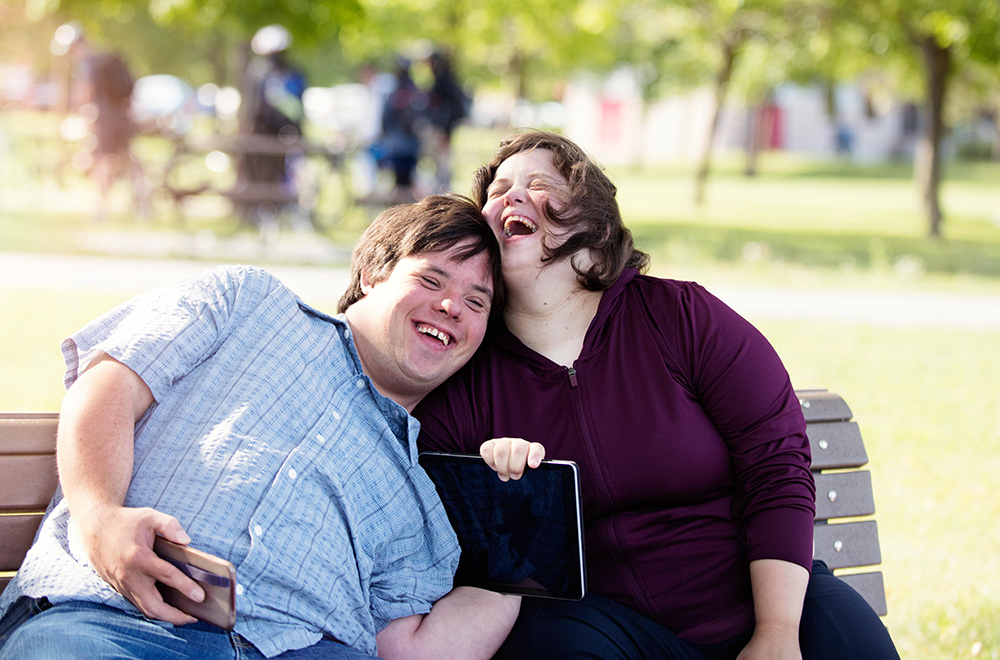An innovative e-health tool to support the mental health assessment of people with intellectual disability and communication difficulties is now available.
The web application called MySigns was developed by the University of Sydney’s Department of Developmental Disability Neuropsychiatry (3DN) and is one of few e-health tools for people with intellectual disability. And, despite fact that they are more likely to experience mental health issues than people without intellectual disability, mental health service access for this group is poor.
UNSW chair of Intellectual Disability Mental Health, Professor Julian Trollor said while there are many e-mental health tools available for the general population it was crucial to consider the mental health needs of people with intellectual disability and begin to incorporate these into digital health initiatives.
MySigns is designed to be used collaboratively by people with intellectual disability, their carers and mental health clinicians to improve mental health assessment, monitoring and treatment.
The tool allows carers to upload photos and videos of the person’s unique behaviours, gestures and expressions when they are experiencing certain moods, according to project officer, Dr Jenna Zhao. “These can then be shared with the person’s mental health team to facilitate mental health assessment,” she said.
A mental health assessment can be difficult for people with intellectual disability who experience communication barriers because information about their mental health is usually displayed through behaviours, gestures and expressions. Carers and others who support the person are best placed to detect changes in the person’s mental health and are often most familiar with these behaviours.
Jann Hayman, who is a ‘secondary’ carer for her son who lives in a group home, said she is looking forward to the app being available.
“My son is non-verbal but does communicate with facial expressions, gestures and behaviours. These can be confusing or meaningless to people who are not in daily contact with him, such as health professionals. This app can be used to capture and share those specific signs. It is a very person-centred product.”
MySigns builds a visual library of the person’s moods and can be used to help new support staff to learn about how the person conveys information about their mental health.
“My son will always require people in his life who know him well. This app is a tool to provide a continuity of vital information. Because support staff come and go I think the app may have wider usage as a tool for new support workers to become familiar with the meaning of my son’s specific facial expressions, rather than presuming.”

